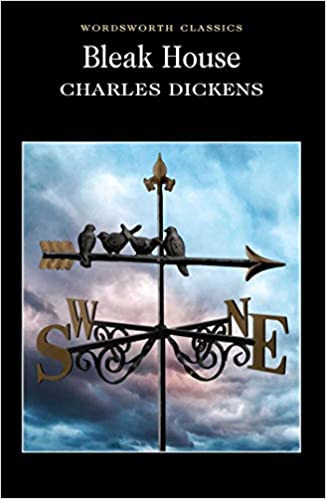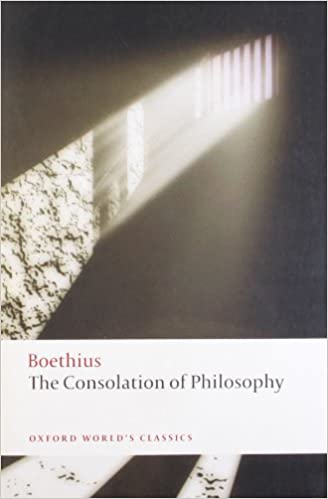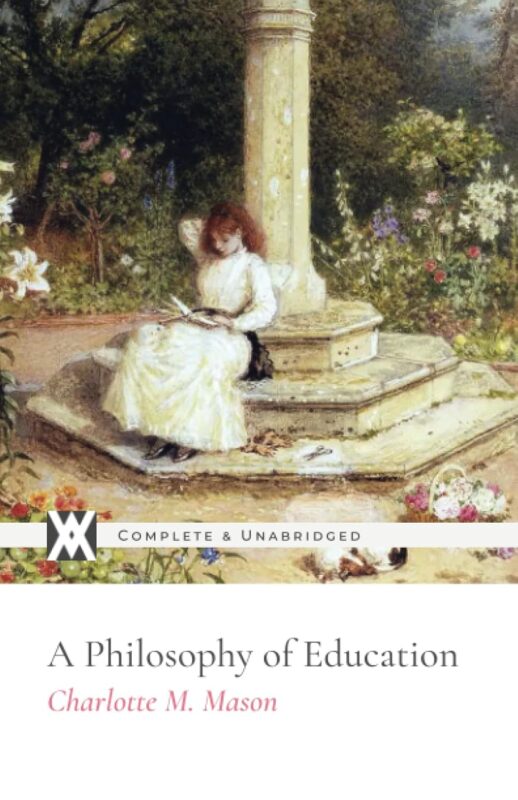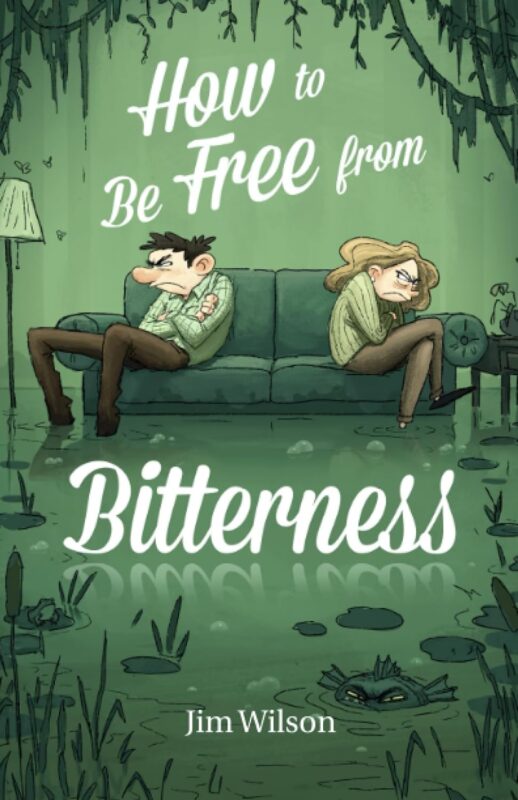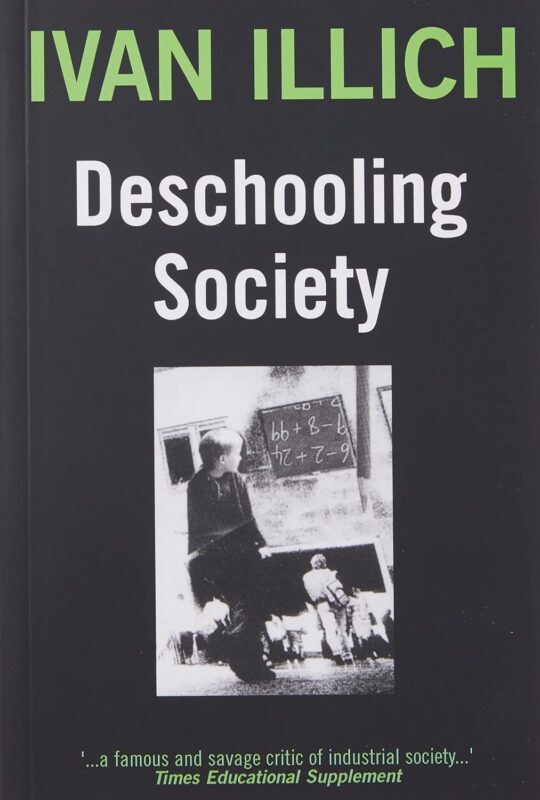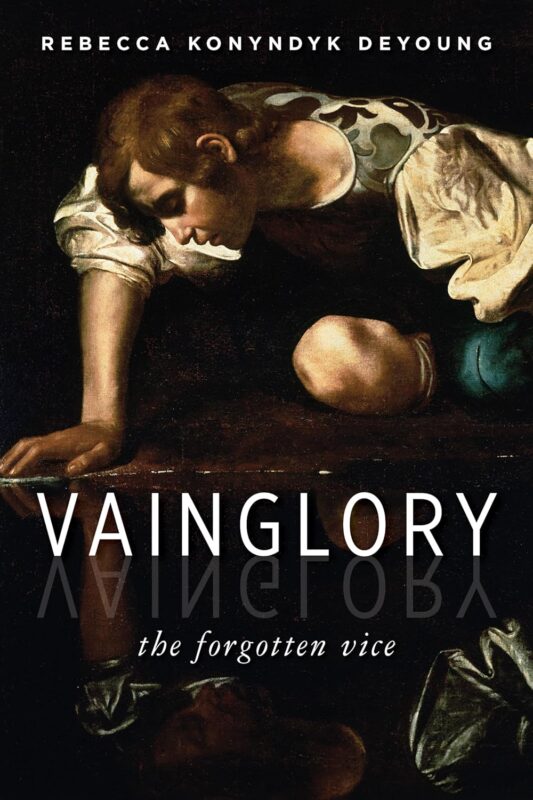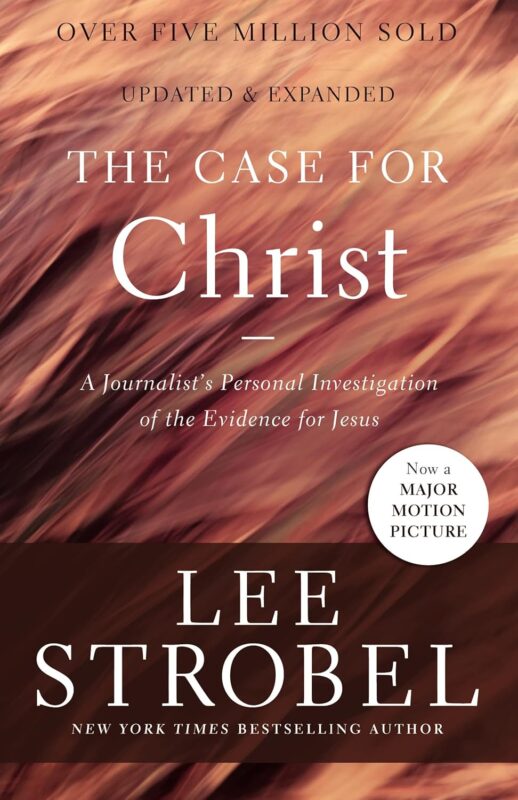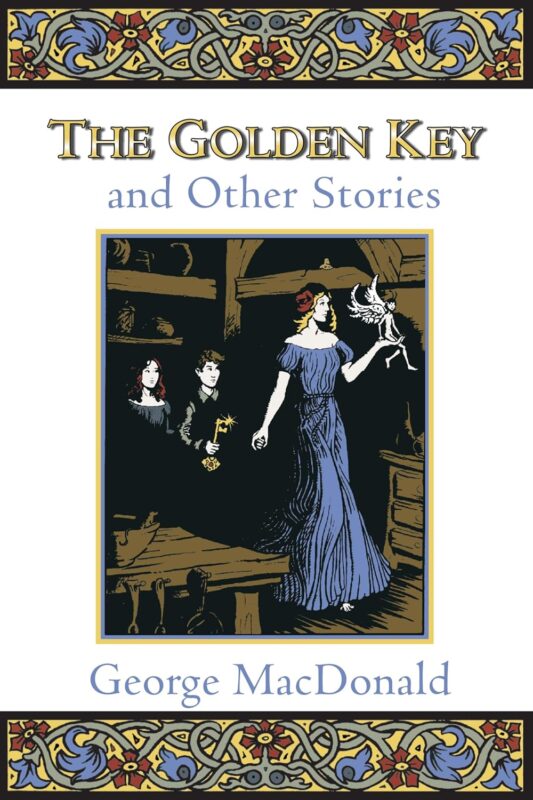Bleak House
Bleak House is one of Dickens' finest achievements, establishing his reputation as a serious and mature novelist, as well as a brilliant comic writer. It is at once a complex mystery story that fully engages the reader in the work of detection, and an unforgettable indictment of an indifferent society. Its representations of a great city's underworld, and of the law's corruption and delay, draw upon the author's personal knowledge and experience. But it is his symbolic art that projects these things in a vision that embraces black comedy, cosmic farce, and tragic ruin. In a unique creative experiment, Dickens divides the narrative between his heroine, Esther Summerson, who is psychologically interesting in her own right, and an unnamed narrator whose perspective both complements and challenges hers.
With an Introduction and Notes by Doreen Roberts, University of Kent at Canterbury
The Consolation of Philosophy
Boethius composed De Consolation Philosophiae in the sixth century A.D. while awaiting death by torture, condemned on a charge of plotting against Gothic rule, which he protested as manifestly unjust. Though a Christian, Boethius details the true end of life as the soul's knowledge of God, and consoles himself with the tenets of Greek philosophy, not with Christian precepts.
Written in a form called Meippean Satire that alternates between prose and verse, Boethius' work often consists of a story told by Ovid or Horace to illustrate the philosophy being expounded. The Consolation of Philosophy dominated the intellectual world of the Middle Ages; it inspired writers as diverse Thomas Aquinas, Jean de Meun, and Dante. In England it was rendered into Old English by Alfred the Great, into Middle English by Geoffrey Chaucer, and later Queen Elizabeth I made her own translation. The circumstances of composition, the heroic demeanor of the author, and the Meippean texture of part prose, part verse have been a fascination for students of philosophy, literature, and religion ever since.
More info →Charlotte Mason’s Philosophy of Education (Book 6 of the Home Education Series)
This edition of Charlotte Mason’s Home Education Series is presented complete and unabridged, retaining the pagination of the original to make research and referencing easy. All the books have been fully transcribed and formatted using a clean and easy-to-read font so that there’s no excuse not to read these revolutionary works.Written shortly before her death, A Philosophy of Education represents Charlotte Mason’s final thoughts after a lifetime spent thinking on education. Containing the final version of the 20 principles on which her method is based this book is a great place to start for parents of older children.
More info →How to Be Free from Bitterness
Bitterness often grows out of a small offense - perhaps a passing word, an accidental shove, or a pair of dirty socks left in the middle of the living room floor. Yet when bitterness takes root in our hearts, its effects are anything but small. As the Apostle Paul says in Ephesians, we have been called to leave the bitterness and anger of the world and instead embrace the love and compassion of our God. Therefore, the bitterness must go. The authors remind us that we are to forgive others just as we have been forgiven, pointing to Scriptural admonitions and examples as they offer sound teaching on the trials and temptations of every day life.
With more than 300,000 copies in print and translations in 23 languages, this book has helped thousands to overcome their bitterness since its first publication in 1990. Read it today, and be free.
Contents:
1. How to Be Free from Bitterness
2. Forgiving Others
3. Man’s Anger
4. Fits of Rage
5. Taking Offense
6. Bridling the Tongue
7. Introspection
8. How to Receive Bitterness
9. Relationships with Parents
10. Saturation Love
11. How Does a Woman Become Secure?
12. The Responsible Man
13. Q&A on Becoming a Christian
14. The Gospel
More info →Deschooling Society
Schools have failed our individual needs, supporting false and misleading notions of 'progress' and development fostered by the belief that ever-increasing production, consumption and profit are proper yardsticks for measuring the quality of human life. Our universities have become recruiting centers for the personnel of the consumer society, certifying citizens for service, while at the same time disposing of those judged unfit for the competitive rat race. In this bold and provocative book, Illich suggest some radical and exciting reforms for the education system.
More info →Vainglory: The Forgotten Vice
Julia Roberts on the red carpet at the Oscars. Lady Gaga singing “Applause” to worshipful fans at one of her sold-out concerts. And you and me in our Sunday best in the front row at church. What do we have in common?
Chances are, says Rebecca Konyndyk DeYoung, that we all suffer from vainglory -- a keen desire for attention and approval. Although contemporary culture has largely forgotten about vainglory, it was on the original list of seven capital vices and is perhaps more dangerous than ever today.
In Vainglory: The Forgotten Vice DeYoung tells the story of this vice, moving from its ancient origins to its modern expressions. She defines vainglory, gives examples from popular culture, explores motivational sources, and discusses other vices associated with it such as hypocrisy and boasting. After exposing the many ways in which vainglory can rear its ugly head, she explores personal spiritual practices that can help us resist it and community practices that can help us handle glory well.
More info →The Case for Christ: A Journalist’s Personal Investigation of the Evidence for Jesus
Is there credible evidence that Jesus of Nazareth really is the Son of God? Former atheist and Chicago Tribune journalist Lee Strobel takes an investigative look at the evidence from the fields of science, philosophy, and history.
In this revised and updated bestseller, The Case for Christ, Lee Strobel cross-examines a dozen experts with doctorates from schools such as Cambridge, Princeton, and Brandeis, asking hard-hitting questions--and building a captivating case for Christ's divinity.
Strobel asks challenging questions like:
- How reliable is the New Testament?
- Does evidence for Jesus exist outside the Bible?
- Is Jesus who he said he was?
- Is there any reason to believe the resurrection was an actual event?
Winner of the Gold Medallion Book Award and twice nominated for the Christian Book of the Year Award, Strobel's tough, point-blank questions read like a captivating, fast-paced novel. But it's not fiction. It's a riveting quest for the truth about history's most compelling figure.
This edition includes scores of revisions and additions, including updated material on archaeological and manuscript discoveries, fresh recommendations for further study, and an interview with the author that tells dramatic stories about the book's impact, provides behind-the-scenes information, and responds to critiques of the book by skeptics.
Also available: The Case for Christ Spanish edition, kids' edition, and student edition. Plus, be sure to check out Lee Strobel's entire collection of Case for books:
- The Case for a Creator explores the scientific evidence for God
- The Case for Grace uncovers the "how" and "why" behind God's amazing grace
- The Case for Faith responds to eight major objections about Christianity
- . . . and more!
The Golden Key and Other Stories
George MacDonald (1824-1905), the great nineteenth-century innovator of modern fantasy, influenced not only C. S. Lewis but also such literary masters as Charles Williams and J. R. R. Tolkien. Though his longer fairy tales Lilith and Phantastes are particularly famous, much of MacDonald's best fantasy writing is found in his shorter stories. In this volume editor Glenn Sadler has compiled some of MacDonald's finest short works--marvelous fairy tales and stories certain to delight readers familiar with MacDonald and those about to meet him for the first time.
More info →
